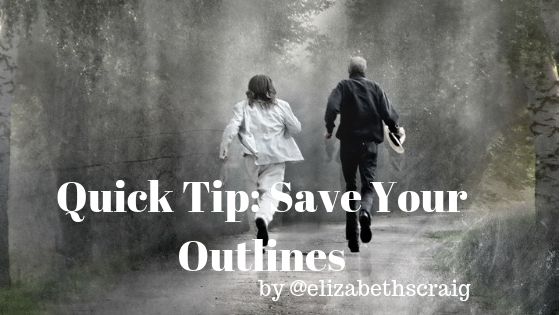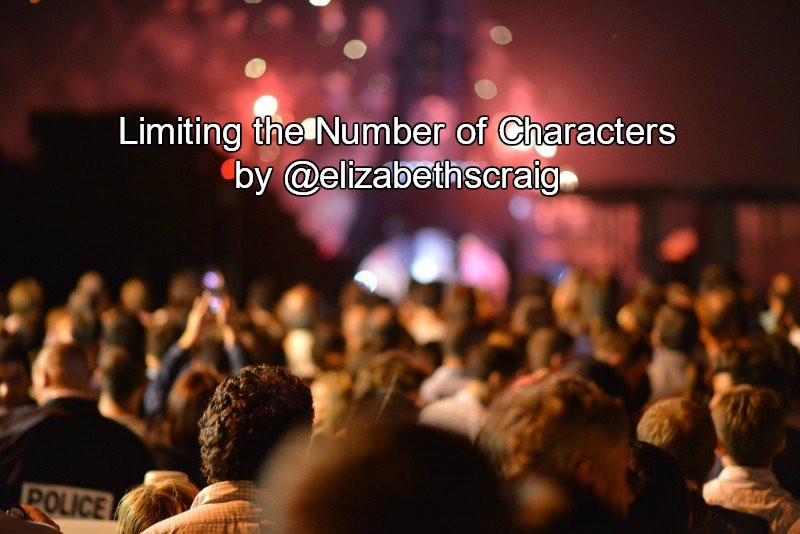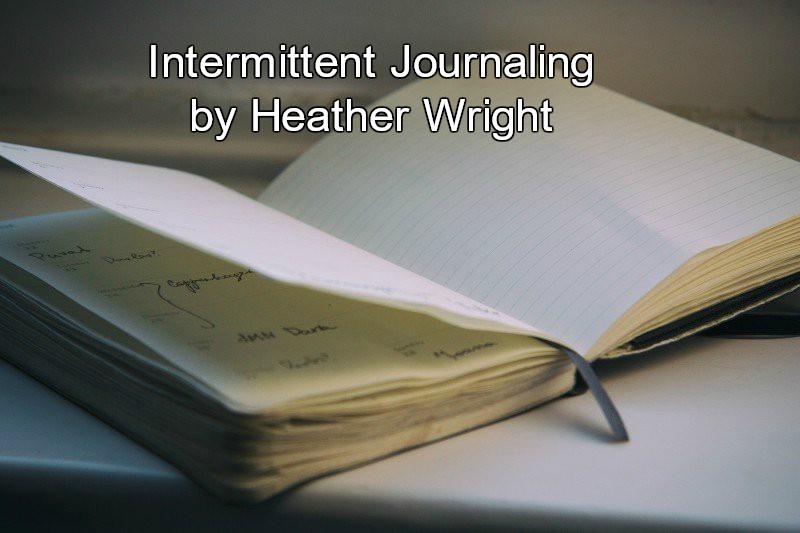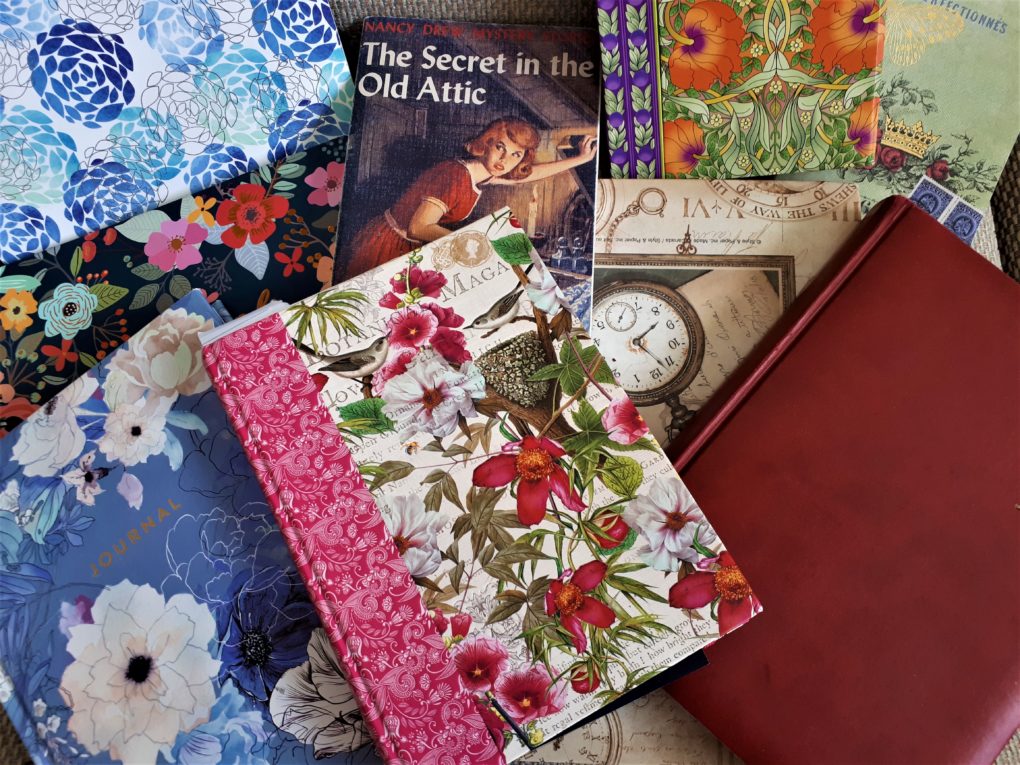by Elizabeth S. Craig, @elizabethscraig
Here’s a quick tip for those of you who already like to outline: save your outlines for your older books.
I’m now over 30 books in and I’ve found my memory seriously failing when it comes to remembering non-recurring characters and plots. The problem is most-evident with books published 8-10 years ago, but I may also struggle with details from books I wrote last year. There are just too many books. Or maybe it’s just that my memory completely stinks. :)
Once I had to re-read an entire book of mine before speaking to a local book club about it. I was happy to do it because I would have felt awful if they’d known the book better than I did, but I didn’t really have the time to do it.
In the past, when I’d finished and published a book, I ditched the outline as just another unnecessary file taking up space in Word. Then I realized…these outlines were the perfect cheat-sheets. I could pull them out and they’d jog my memory.
This has helped me not only with book club appearances, but with emails received from readers on particular books, and on Wattpad where sometimes I’m receiving a lot of comments about a book I’m uploading that I’ve written long ago.
An important point: if you decide to use your old outlines this way, be sure to note deviations from the outline on your document or else you’re not going to do yourself any favors. I do frequently diverge from the outline and I’ll make a short note with Word’s comments feature in track changes.
Do you keep your outlines? Any other uses for them that I haven’t thought of?
Why Outlining Writers Should Keep Their Old Outlines: Click To TweetPhoto credit: h.koppdelaney on Visualhunt.com / CC BY-ND






